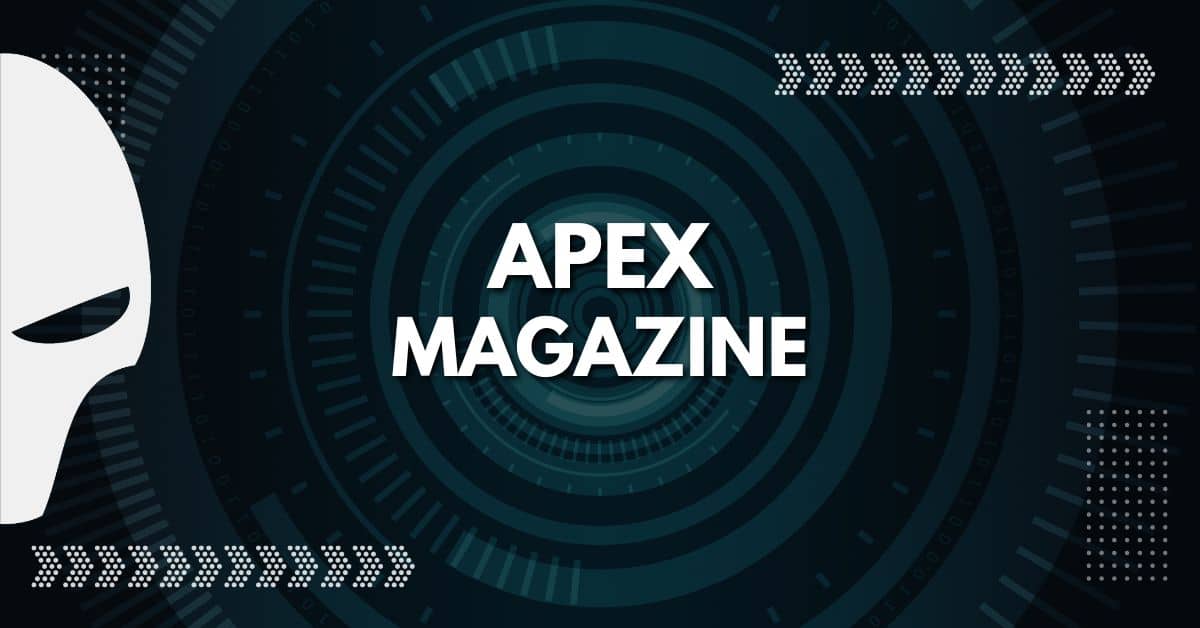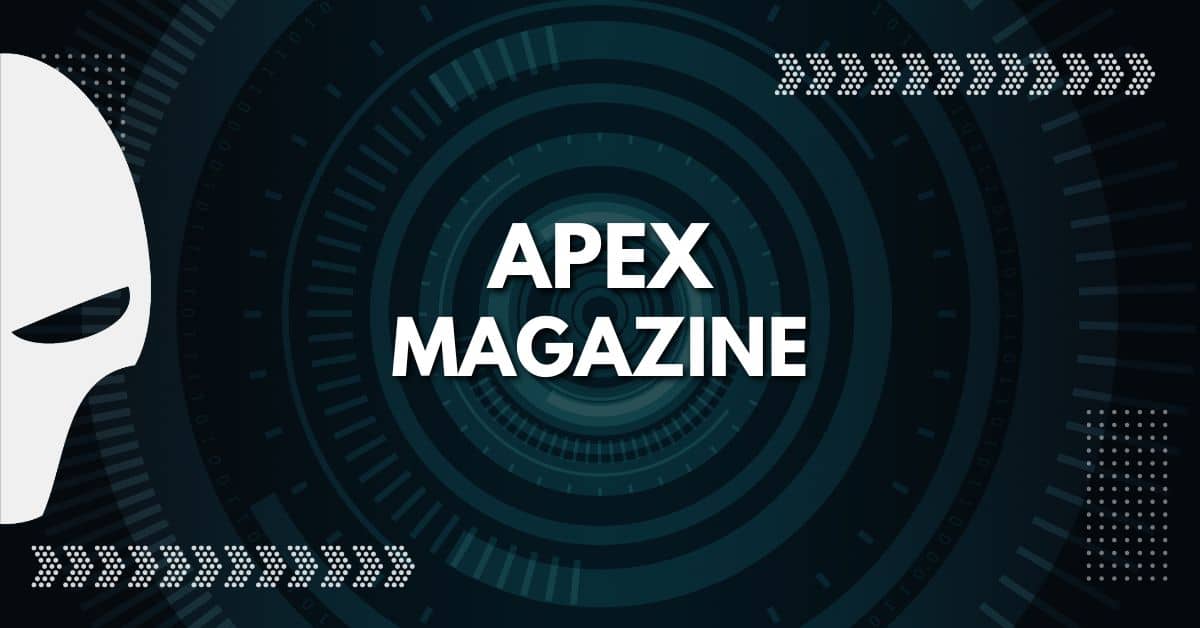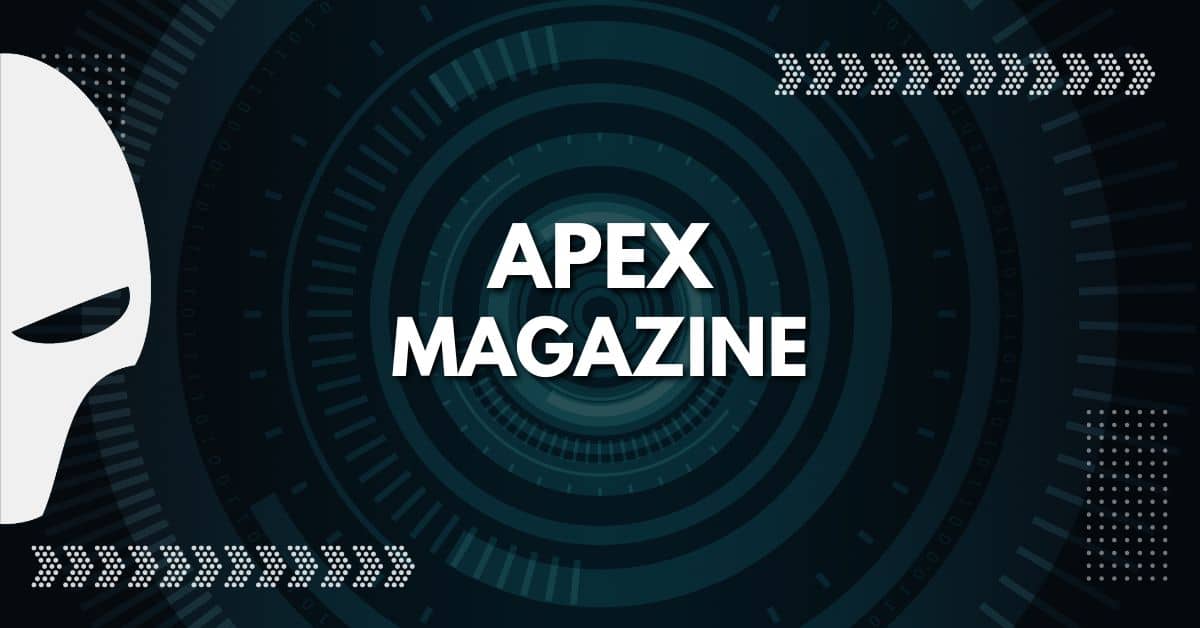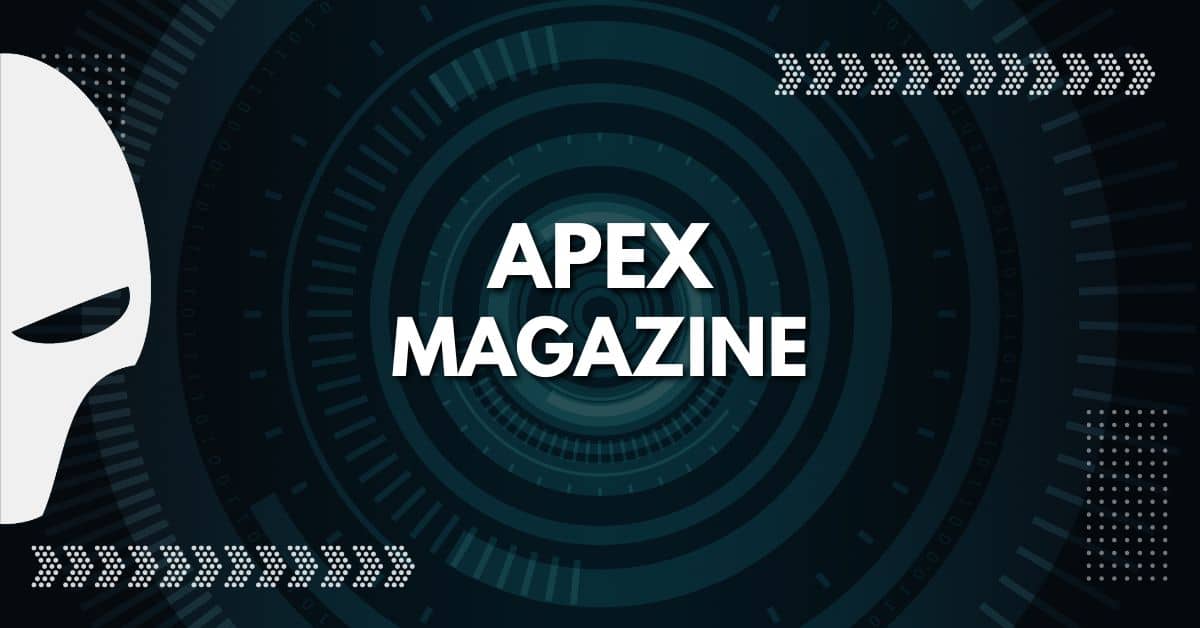
Tony had no idea how to explain it, so decided that he wouldn’t even try. Instead, he squeezed his palm around the filakto and loitered in the doorway to the bedroom as Cheryl changed the baby. As she bent down to goo-goo at him, Tony sidled over to the crib and under the guise of fussing with the mattress pad and sleep sack, slipped it under the mattress.
Of course, Cheryl would find it eventually, and of course the little thing—a tiny pouch of crumbled flower petals from Tony’s mother’s church—meant nothing at all, but still.
But still what…
“Are you familiar with Pascal’s wager?” Tony asked Cheryl. They were tucking in to dinner as best they could. The baby was in the high chair, dribbling onto his bib, his hands and face stained with mashed avocado, quiet only for a second.
“What?” Cheryl was annoyed. Always annoyed with Tony now. She could hiss words that didn’t contain sibilants. Love was a precious and dwindling resource. The national reserves deep in the Arctic of her breast were being drilled for the exclusive consumption of the baby. Annoyed enough that Tony knew the conversation wouldn’t go well, but yet another muttered “Nothing, honey” would work even less well.
So he decided to be the jerk: “That fancy liberal arts education sure was wasted, eh? Pascal’s wager is the idea that it is better to believe in God than not to. If there’s a God, good, it all worked out. You get to heaven. If not, so what? At least you lived a good life.” The baby spit just then, a punctuation mark. The baby was living the good life. When was the last time someone so carefully scooped spilled food back into your mouth, and congratulated you for finally swallowing some of it?
“I didn’t study theology in school,” Cheryl said after she looked up from the baby, the smile she’d had for him gone. “Liberal arts college isn’t bar trivia. It’s not as though I am just bursting with facts of no use to anyone, Tony. And anyway, it’s a dumb wager. Which God do you pick? I presume Pascal was a Christian then, and didn’t even stop to consider other religions.”
“Yeah, exactly,” Tony said. “You’d have to pick the religion that promised either the greatest rewards or harshest punishments.”
“Or easiest version of ‘good life’ to comply with, I suppose,” Cheryl said.
“Zeus and his thunderbolts,” Tony said. He looked at the baby. The baby looked back, making real eye contact for once, recognizing his daddy. Tony waggled his fingers at the baby and made a psshrr-krraakooo thunderbolt noise. It almost suited the steady downpour outside. For a terrifying nanosecond, the baby looked like he might cry. Tony prayed that the baby would laugh. Instead, the baby just stared. Cheryl turned him around in his high chair and fed him another green blob of avocado.
“So, the gods of my ancestors? What do you think, baby?” Tony said.
“I have to pump,” Cheryl said. “I don’t have the energy to think anymore.”
Does this baby not have a name? Of course he has a name, don’t be ridiculous. Ask Cheryl, and the baby’s name is Charlie. Ask Tony, and the baby’s name is Kyriakos—”We call him Charlie.” According to Tony, Cheryl was a slave to the whims of imaginary, if cruel, eight-year-old boys in a schoolyard positioned seven years and three months into the future. According to Cheryl, she just wanted to be able to call her own child by a name that she could pronounce without being corrected by her annoying husband.
“The ability to roll one’s r’s is genetic,” she’d said.
“No it’s not,” Tony had said. He was right, incidentally, but Cheryl had better things to do than to train herself to affect a Greek accent. Like cleaning the house for once, and a million other things that Tony only thought about after being reminded of old promises and new strategies, and getting confirmation from “dad blogs” on the right things to do.
Just go along with it, the dad blogs always seemed to be saying. You’re a hostage in an unfamiliar land. Look at the camera and recite the lines; do as you’re told. Denounce the imperialist running dogs!
It said Charles Kyriakos on the birth certificate.
Charles Kyriakos didn’t always sleep through the night, and Tony and Cheryl, who slept back to back, asses lightly touching, didn’t always follow the guideline to let the baby self-soothe. Tony was usually the softie, the one who was damning the child to a lifetime of insomnia, selfishness, entitlement, and reduced income potential, but that night Cheryl was the one who slithered out the bed first, then sang, “Charlie! I’m coming!” as she walked across the room, to the crib, in two long strides.
Tony kept his eyes shut. He had a gift, an inheritance from his father—also named Kyriakos and occasionally called Charlie by the non-Greek regulars at his diner—the ability to sleep under any conditions. The elder Kyriakos had developed the ability while in the Greek Navy, during the junta, when everything was bad. But now life was good, and falling asleep was easy. Tony, the perfect self-soother, drifted off before his son did. Not that Tony’s parents had let him cry himself back to sleep as an infant, mind you.
Cheryl woke him up at dawn, almost like she used to, straddling him. But her top was still on, and in her hand she held the filakto.
“What’s this?” she asked, curious. Not annoyed, for once. The whole room smelled of breast milk. Hormones were at work in the smile on Cheryl’s face, in the light squeeze of her thighs that she used to punctuate her question. Tony knew better to reach up and touch her breast though.
“It’s a filakto,” he said. Dad blog instructions: name, rank, serial number.
She put it on his forehead. “Go on. You’re dying to tell me.”
“You know, like a phylactery. For protection.”
“It’s a Greek thing,” she said, before he could.
“A good luck charm.”
“Like that?” Cheryl asked, pointing with her chin to the wall over the crib, where a blue and white swirl of amber reminiscent of eye hung, incongruous and bizarre, from a nail left by a previous tenant. A decal of a pink and otherwise featureless sheep jumped over it.
“The mati,” Tony said. “The eye. That’s a little different. A filakto is a sanctioned Greek Orthodox Church thing. The mati is more of a folk expression.”
“Isn’t it enough?” Cheryl asked. Her fingers worried the hem of the pouch. “What’s in this?”
“Maybe flower petals, maybe ashes. All from the church. They’re a buck.”
Cheryl smiled like she used to, all perfect teeth hard won from awkward years of orthodontia. Tony warmed under her. It had been a while since he had seen that smile. He liked her hair today. It was short and messy, like a boy’s, or a girl too wild to care what boys thought.
But what was she thinking? And would the baby stir? Well, both questions are easy enough to answer, really.
Cheryl was thinking a few different things. Her husband was clearly secretly religious after all, on some level. He had insisted on a church wedding, citing the demands of his mother. He made faces when she brought home that Christopher Hitchens book. But didn’t Tony consider himself to be practically a Marxist? Wasn’t his email ID, chat login, and Twitter handle “Gramsci76?” When Occupy was happening, he had come home one night blind and smelling of chemicals, his black Old Navy sweatshirt toxic from the pepper spray. He’d just opened the window and flung it into their little shared backyard. Even the rain couldn’t get rid of the smell.
Or maybe it was something else, she decided. Tony was a weirdo. That was part of why she married him—they used to have good conversations, and sometimes he would just say something she couldn’t imagine a man she was with ever saying. He was against gun control, voted for Roseanne Barr when she ran for President instead of Obama like everyone else, made his own Turkish coffee one cup at a time instead of drinking Starbucks, and couldn’t bear to listen to even a minute of NPR. Tony played Dungeons and Dragons with dateless, careerless men he had met on Craigslist once a week, and one time at a dinner party had declared himself a “non-presenting genderqueer.” Cheryl snorted her wine through her nose at that one, and Tony smiled the smile that meant he was lying but wanted you to believe it.
Would her baby grow up to be a genderqueer, or a half-elf ranger with a few levels of magic-user, or a Communist, or a “good Greek boy” like her mother-in-law, who had taken to calling herself “yiayia”, and aloud for Christ’s sake, wanted? The baby was never far from Cheryl’s thoughts. The baby looked like Tony. Tony had said once, just a few days after they’d all come home from the hospital, that all children look like their fathers at first. Children were genetically programmed to survive, and one way to live past infancy was to make sure one’s father didn’t wring the neck of his own true offspring—the face of a child was thus necessarily a mirror for the father to peer into.
Tony was a weirdo, all right.
Then Tony spoke. “They have big ones too. They’re five bucks. Gaudy, like little sequined Liberace pillows. The dollar one was a better deal. No reason to pay extra for a good-luck charm.”
As to the second question, of course the baby stirred. Don’t be ridiculous. Both his parents were up and at the crib railing before Charlie Kyriakos even started his naked, hysterical, screaming. The baby often wore a “Howl”-themed onesie from City Lights Books, but not today. He didn’t have to wear it; he lived it.
Neither Cheryl nor Tony forgot about the filakto. Tony put it back under the crib mattress the moment he was able to, and Cheryl Googled it—though she spelled the word “phylacto” at first and didn’t get much. Her Presbyterian upbringing hadn’t prepared her for amulets and icons and gibberish. On one message board she came across, the mati hanging on the wall was denounced as “peasant magic.” For a moment, she was angry on behalf of Tony, of his mother, of every Greek in the world, even though normally she would agree that a big amber eye was creepy and weird and certainly not rational.
A few weeks later the filakto fell to the floor and a mouse got to it. Cheryl vacuumed it up without noticing, and Tony didn’t remember to check for it either.
Tony had wanted one thing, and what he wanted was so simple he couldn’t even articulate it. Instead he tried explaining things roundabout. “It’s just that I had a lot of cousins my own age, and our kid probably won’t,” and “My grandfather has Alzheimer’s. He remembers better in Greek.” Neither had anything to do with the filakto. It’s just that Tony didn’t want to be the last member of the Kalafatis family, its thousand-year march of industrious goatherds and restaurateurs and hunch-backed widows, to have a filakto. Three generations in America. It would be hard enough for the baby to grow up with anything but an empty hole where his culture should have been. And how would little Charlie fill it, except with video games and baseball and maybe even growing up and changing his surname to Kelly. Let the baby be a little Greek, just for a while. Easter on the Eastern calendar—which means half-price jelly beans and chocolate rabbits four years out of five!—lamb and spanakopita, a few words of the old language here and there. Curses and the weather. Maybe the baby could go back one day, meet the cousins, even settle down, once America finished tearing itself apart.
Forget it, Tony thought to himself one night. He was sneaking a cigarette out on the porch. America is going to tear Europe apart first, and then just swirl down the toilet. There were fireflies everywhere, and the smoke in his lungs wasn’t any hotter than the air outside. Fucking climate change. What was Cheryl up to? Yoga class, probably. The kid? Shouting into a headset and racking up a body count in the virtual ruins of radioactive Pakistan with his online pals. Tony lit another cigarette and watched the whole thing burn down to the filter. They lived in New York now, to be closer to Cheryl’s parents.
Here’s a little peasant magic for you. Imagine a tiny cup in front of you, white with blue trim, on a tiny white saucer. Drink the coffee in it down. It’s strong, like you put a tablespoon of grounds in your mouth and started sucking the flavor out directly. Let’s read the muddy grains that remain. That’s where Greeks keep the future. Charles Kyriakos Kalafatis never marries, but he does have kids. Three girls: Krystlyn, Karr, and Korynne. The girls call Cheryl grandma, and Tony “pop-pop.” They never manage papou. They like their mother’s family better anyway. The Schnabels have real money, and a temperature-controlled swimming pool. One time the girls program it to freeze right in the middle, and they play The Last Polar Bear Ever with an inflatable raft. Their other grandfather yells at them for wasting energy.
Karr is missing something—a bit of the beta chain gene on the #11 chromosome—her inheritance from her father, and grandfather before her. She’s a sickly girl at first, but there are gene therapies now, and targeted folic acid supplements. She never reproduces and that little anomaly that causes thalassemia fades out of the family line once and for all. Krystlyn does reproduce; she’s blonde, like her mother, with a squinting smile. In college she says that she has some Greek in her, because there’s a Greek-American boy she’s interested in. They date for a few weeks, but that’s it, except for the baby which she in a fit of nostalgic pique carries to term and gives up to adoption to a nice family in China.
Korynne is a nice girl, dark-haired like her father, and whip-smart. Then she goes and marries a stern evangelical Christian man, an engineer she met in college. There is no Easter candy to be had in her home at any price.
Peasant magic is concerned with peasant things. Babies and whatnot. The weather too. Which gets steadily worse, and wild on our way down to the last dregs of coffee. A very old Tony makes a joke about retiring to fabulous seaside Dayton, Ohio, and a very old Cheryl laughs and hugs a plastic headwrap around her short hair to keep the rain off, then pushes him in his chair down the street. Tony’s other joke is that he is the last Kalafatis in the world and so someone should commission a bust of him to be made from of non-compostable plastics. It isn’t quite true since Tony has a son, and some far-off cousins whose first names he has forgotten, though surely many of them are named Antoni, Kyriacos, Vasso, Athena, and Kalliope, after their grandparents. But Kyriacos—fucking “Charlie”—did change his name to Kalafatis-Schnabel to please his girlfriend’s family, finally, and none of the girls kept the Greek name at all.
And near the lower curve of the cup there is a young man, Yu, in Shanghai, whose dark hair has a bit of a curl to it from the rain. He is looking down at his newborn child, in a time and place where people have agreed that to speak of gender in infants before they can express gender themselves is rude, if not oppressive. After its tempestuous twentieth century, did you think patriarchal China incapable of change? Yu’s own parents were perverse in their way, which neighbors credited to wayward Western genes. Their family name is Feng, fourth tone, and that makes it an unusual one. Feng Yu’s father was from America, and he was born of a white mother with olive skin and screeching voice. Feng Yu—were feng first tone instead of fourth—could be read to mean “wind and rain”, and that would have been a terrible thing to name a boy. Yu thinks he sees himself in his own child, who stares up with glassy eyes, ready to burst into furious tears. Yu looks a bit foreign to most, but his child looks right at home.
The coffee cup tells me that a great wave is coming. I hope the baby will be okay.













